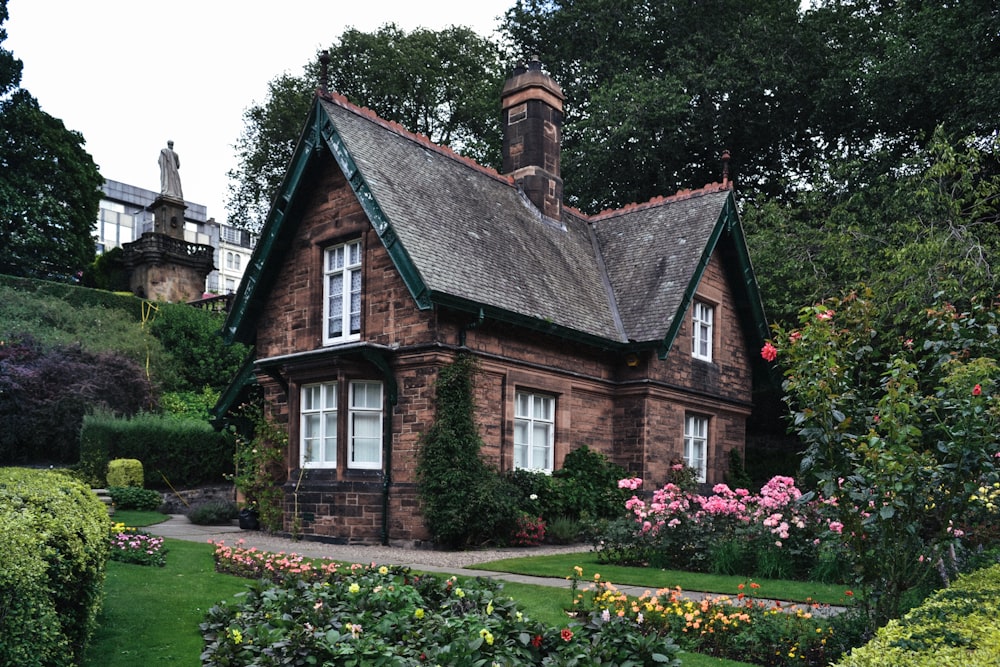Sub Heading: Understanding the Costs of House Refurbishment
Embarking on a house refurbishment project can be an exciting endeavor, but it’s essential to have a clear understanding of the associated costs before diving in. From materials and labor to unexpected expenses, there are numerous factors to consider when budgeting for your renovation.
Sub Heading: Assessing Your Needs and Goals
Before determining the cost of your house refurbishment, take the time to assess your needs and goals for the project. Are you looking to update a few cosmetic features, or do you plan on undertaking a complete overhaul? Clarifying your objectives will help you prioritize your budget and allocate funds accordingly.
Sub Heading: Estimating Material Expenses
One of the most significant expenses of any refurbishment project is the cost of materials. Whether you’re installing new flooring, updating kitchen cabinets, or replacing windows, it’s essential to research and estimate the cost of materials accurately. Consider factors such as quality, durability, and style when budgeting for materials.
Sub Heading: Labor Costs and Professional Services
In addition to materials, labor costs are another significant factor to consider when budgeting for house refurbishment. Depending on the scope of your project, you may need to hire contractors, electricians, plumbers, and other professionals. Obtain multiple quotes from different service providers to ensure you’re getting the best value for your money.
Sub Heading: Budgeting for Unexpected Expenses
No matter how well you plan, it’s essential to budget for unexpected expenses that may arise during your house refurbishment. Whether it’s uncovering hidden structural issues, encountering delays, or unforeseen design changes, having a contingency fund set aside can help mitigate financial stress and keep your project on track.
Sub Heading: Permit and Inspection Fees
Before starting your refurbishment project, be sure to factor in any permit and inspection fees required by your local municipality. Depending on the scope of your renovation, you may need to obtain permits for structural changes, electrical work, plumbing alterations, and more. Failure to secure the necessary permits can result in costly fines and delays.
Sub Heading: DIY vs. Hiring Professionals
While taking the DIY approach may seem like a cost-effective option, it’s essential to weigh the pros and cons carefully. While you may save money on labor costs, DIY projects often take longer to complete and can result in costly mistakes if not done correctly. Consider your skill level, time constraints, and the complexity of the project before deciding whether to tackle it yourself or hire professionals.
Sub Heading: Maximizing Your Budget
To make the most of your refurbishment budget, consider ways to maximize value without overspending. Look for cost-effective alternatives to high-end materials, explore discounts and promotions, and consider repurposing existing fixtures and furnishings where possible. Prioritize essential areas that will have the most significant impact on your home’s value and aesthetics.
Sub Heading: Setting Realistic Expectations
When budgeting for house refurbishment, it’s crucial to set realistic expectations and be prepared for trade-offs. While you may have grand visions for your renovation, it’s essential to prioritize your needs and allocate funds accordingly. Remember that not every aspect of your project may be feasible within your budget, and be willing to compromise where necessary.
Sub Heading: Monitoring Costs Throughout the Project
Once your house refurbishment project is underway, it’s essential to monitor costs closely to ensure you stay within budget. Keep track of expenses, review invoices and receipts regularly, and address any discrepancies or unforeseen costs promptly. By staying organized and proactive, you can minimize the risk of overspending and keep your project on track for success. Read more about house refurbishment cost

